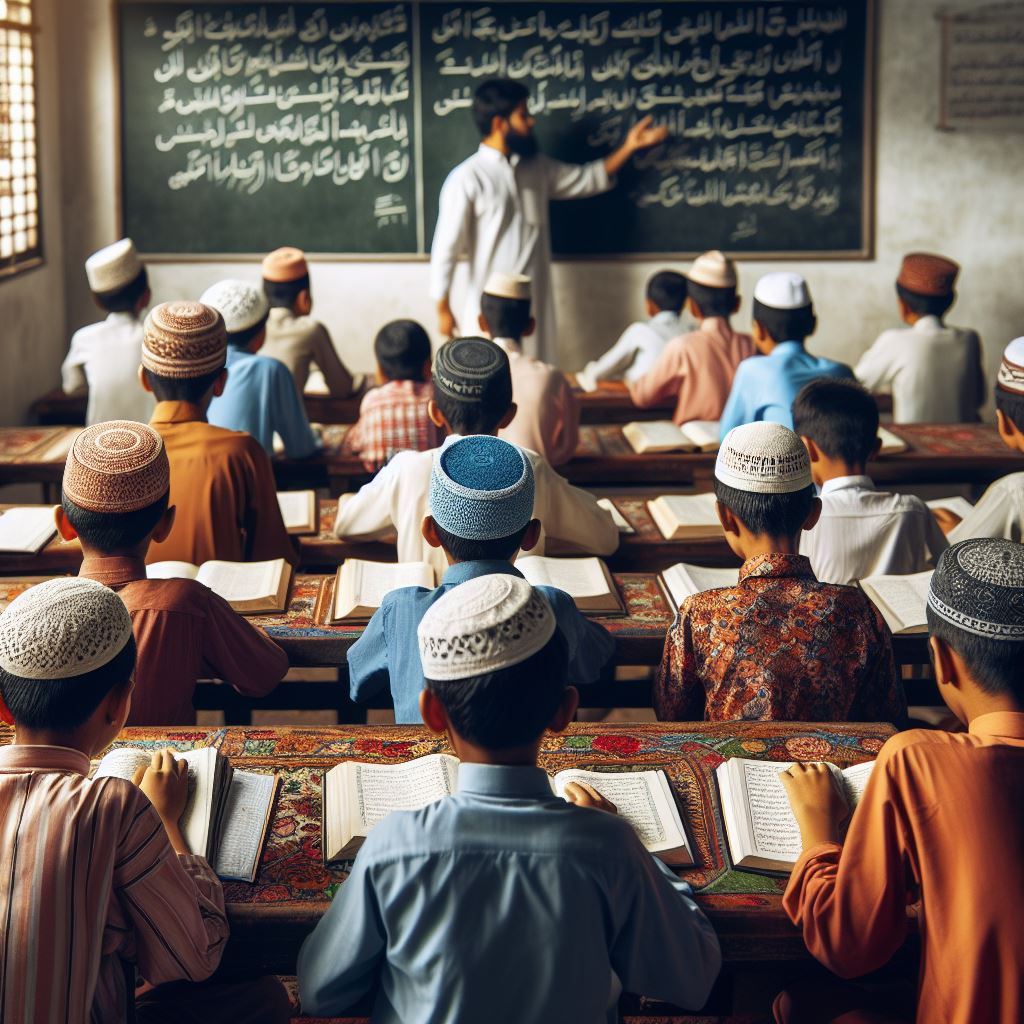
The Uttar Pradesh government is planning to amend the 2004 Uttar Pradesh Board of Madrasa Education Act following a verdict by the Supreme Court. The amendment to the existing Madrasa Act will exclude the Kamil (graduate) and Fazil (postgraduate) courses from its ambit. The Kamil course lasts three years, while the Fazil course lasts two years.
The future of thousands of Madrasa students and teachers remains uncertain as this amendment will restrict Madrasa education only until 12th grade. The court’s verdict last month said that higher education offered by Madrasas was in conflict with the University Grants Commission Act.
Around 16000 Madrasa in Uttar Pradesh are associated with the UP state Madrasa board and around 1000 madrasas are currently offering higher education( Kamil and Fazil courses)
Earlier in March the Allahabad High Court declared the UP Board of Madarsa Education Act 2004 as unconstitutional however on November 5 the Supreme Court overruled the Allahabad ruling and upheld the validity of the act. The bench comprising the former Chief Justice of India DY Chandrachud and Justice JB Pariwala and Manoj Mishra noted that madrasa education must align with modern academic expectations and asked the state to relocate students to other educational institutions and held that higher education cannot be offered by Madrasas anymore. This decision has impacted the entire madrasa system.
Raising concern over the proposed amendment Ex-UP Madarsa Board chairman Iftikhar Ahmed Javed said, “What will happen to those students who are already enrolled in higher education like Kamil and Fazil courses if this comes true. These higher Education courses must be recognised by the Khwaja Moinuddeen Chishti Language University so that students don’t face problems and continue with their higher education.”
“Although the requests for recognition of these higher Education courses by Language University were made to the Government, it seems as if the requests are overlooked,” he added, noting that it might save the future of the children.
Maulana Sufiyan Nizami, a well-known Sunni scholar questioned the government’s actions and said, “ For many years, the Alim(12th) students were enrolling themselves in universities for higher education I don’t really think any amendment is required as the course (Alim) is not eligible or accepted in any of the universities. No amendment is really needed and the government should focus on protecting the future of the children.”
This story was originally published in theobserverpost.com. Read the full story here.

